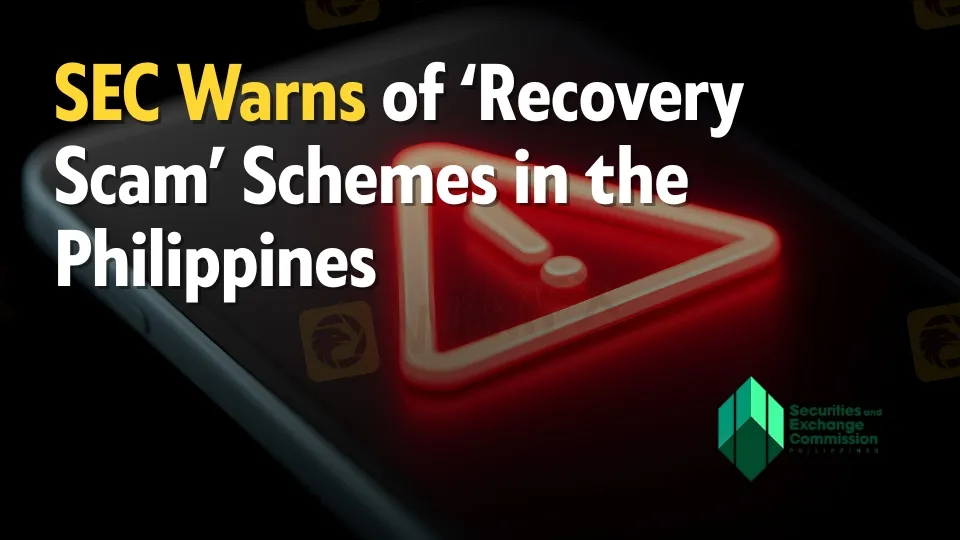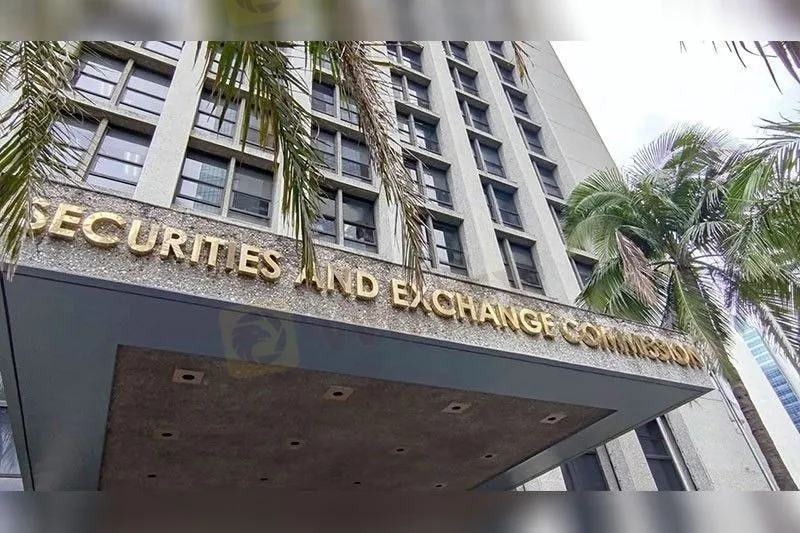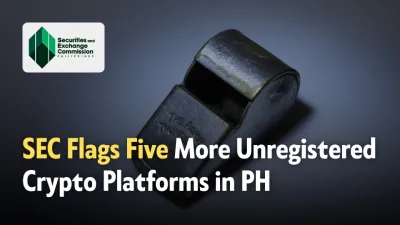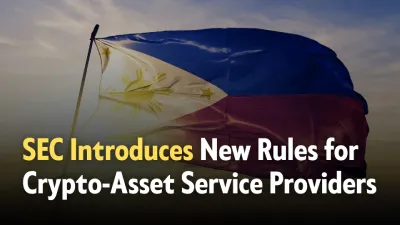SEC Warns of ‘Recovery Scam’ Schemes in the Philippines
Abstract:The SEC cautions the public on advance‑fee “recovery” scams posing as fund recovery services on social media and urges victims to report to the proper authorities.

The Securities and Exchange Commission has issued a public warning against “recovery” or advance‑fee recovery scams in the Philippines, flagging social media pages and online groups that pretend to help fraud victims but are actually engineered to defraud them again.
What the SEC Flagged
In its latest advisory, the regulator said certain Facebook pages, online communities, and similar accounts are misrepresenting themselves as recovery specialists and soliciting fees or sensitive data from already vulnerable victims. The SEC stressed these online accounts are not authorized by the Commission, have no legal authority to provide recovery services, and are being used as tools to exploit those who have already suffered losses.

How the Scam Works
According to the advisory, perpetrators typically promise to recover funds previously lost to scams in exchange for upfront payments or personal information, then disappear after collecting the “advance fee.” Operators also impersonate or falsely claim affiliation with government or law enforcement agencies, and bolster credibility with fabricated testimonials, documents, or credentials to create a veneer of legitimacy. The SEC added that scammers often deploy high‑pressure payment tactics to coerce immediate remittances and push victims to divulge sensitive financial or identity details.
What To Do
The Commission warned the public not to transact with, send money to, or disclose personal information to such individuals or groups, and strongly urged scam victims to lodge complaints directly with the proper authorities for appropriate action. As an added awareness note, readers should verify any “recovery” offer claiming ties to regulators or law enforcement, avoid upfront payments to unsolicited “agents,” and report suspicious pages and posts to platforms and authorities to prevent further victimization.

Read more

Top Forex Regulatory Bodies You Need to Know
Regulation is crucial while trading to protect your funds. Forex regulation exists to supervise brokers and ensure they comply with strict financial standards. Forex regulatory bodies help traders choose reputable brokers and avoid scams. In this article, we will let you know about the top Forex regulatory bodies worldwide to help protect you from any kind of fraud.

SEC Flags Five More Unregistered Crypto Platforms in PH
SEC PH warns on Aug. 20, 2025, that five more unregistered crypto platforms target Filipinos; enforcement and website/app blocking to follow.

Philippine SEC Blocks Unregistered Crypto Exchanges ISPs Nationwide
Philippine SEC enforces new CASP Rules, prompting major ISPs to block access to unregistered crypto exchanges and raising concerns on internet censorship.

SEC Implements New Rules for Crypto-Asset Service Providers
The SEC enforces new 2025 rules and guidelines for Crypto-Asset Service Providers (CASPs) to strengthen regulation, compliance, and investor protection in the Philippines.
WikiFX Broker
Latest News
Trading While Traveling – Is It Possible? Digital Nomad Traders Are Making It Reality
The Offshore vs. Onshore Broker Dilemma: Who Can You Really Trust?
FBS Added AI tool for Rapid Forex Insights
Axiory Review Alert: What Traders Must Know
Do Content Creators Need a “License”? A Plain-English Guide to the Finfluencer Idea
XM Revamps Trading Platform with AI
Malaysia Investor Alert List is Out! Check the list to Avoid Scam
BotBro Chief Lavish Chaudhary to be Behind Bars Soon? Here’s the Inside Story!
Top Forex Regulatory Bodies You Need to Know
Think Your Broker is Safe? 5 Secrets Only WikiFX Can Uncover
Rate Calc

